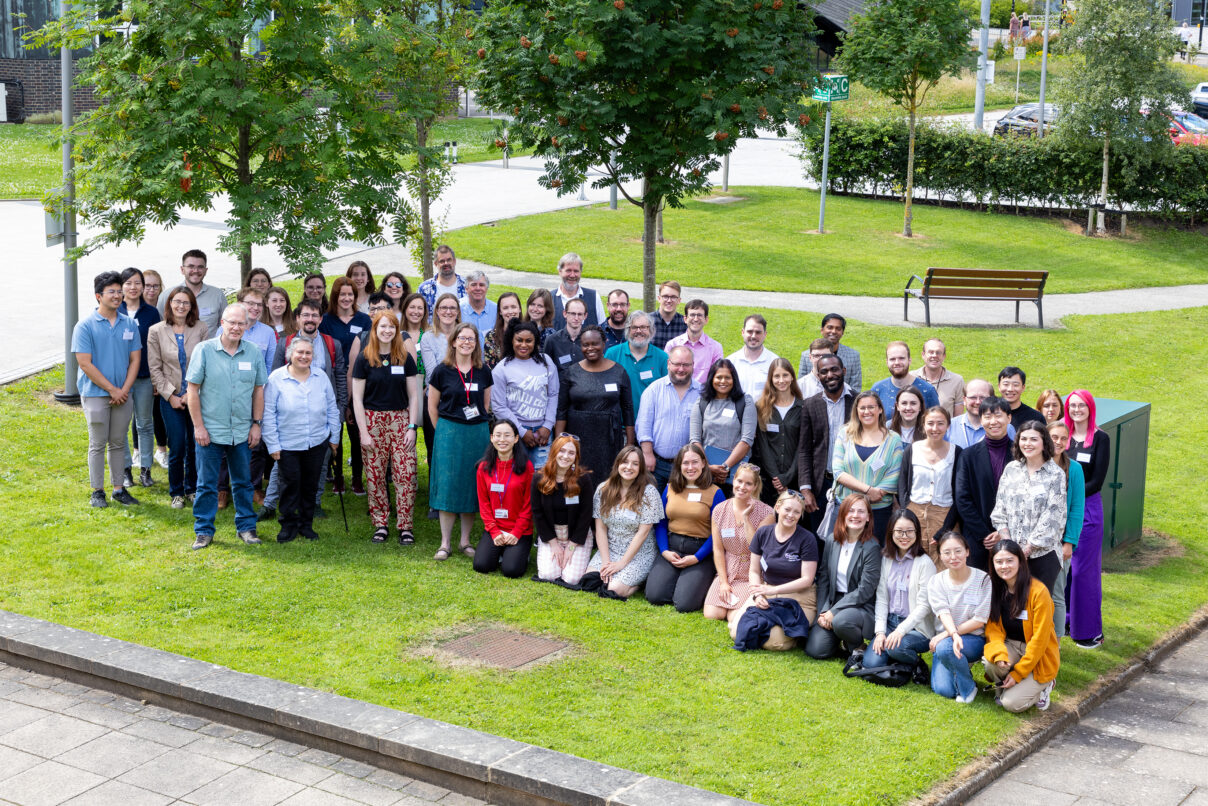BOGS 2023 at Durham University!
On the evening of the 16th July, organic geochemists from 26 institutions (including 17 universities) arrived at Durham for the 2023 British Organic Geochemistry (BOGS) Meeting, held at Durham University. The 33rd meeting of BOGS, it was a chance for early-career researchers including masters, PhD students and post-docs to showcase their work conducted so far. After an icebreaker held at the Head of Steam pub as a welcome event, it was safe to say everyone was looking forward to the next few days of talks and poster presentations by ~80 attendees.
The conference was split into four themes this year: Environmental Geochemistry, Biogeochemical Cycles, Paleoclimates and Paleoenvironments and Novel Biomarker Proxies. The themes encapsulated the diverse nature of talks this year, and on Monday we heard from a range of topical and intriguing topics including the removal of micro-plastics and azo-dyes from water, characterising the additive content of synthetic mulch used in agriculture and analysing the sedimentary organic carbon found within engineered catchment systems. These were interspersed with talks from some of our generous sponsors at BOGS this year: Elementar, Thermo Fisher and JSB. The afternoon saw an excellent talk from our keynote speaker this year: Bart Van Dongen of Manchester University (who are coincidentally next year’s hosts of BOGS), who spoke about the source, transport and fate of organic matter along the Eurasian Arctic Coastal Margin. The day concluded with 1-minute poster flash talks and a poster session held in the Calman Centre of the university, a great setting overlooking the tall spires of Durham Cathedral and city. The posters were all of excellent quality and epitomised the inspiring research going on in the organic geochemistry field at the moment. Delegates had the chance to speak to students about nano-plastics in natural waters and Icelandic lignites to name a few, and even gave a chance for members of ANTSIE to showcase their work on snow petrel tracking data and stomach oil deposits. Into the evening and the beautiful dining hall at Hatfield College saw host to a delicious three-course dinner which gave a chance for delegates to meet, eat, talk and network! A big thank you to Hatfield College for all your help in ensuring BOGS23 was a success.
Tuesday saw the themes of paleoclimates, paleoenvironments and novel biomarker proxies. Talks included from our own Thale Damm-Johnson on her stomach oil deposit data from the Untersee region of Antarctica, the production of lipid biomarkers in marine fungi and even a talk on characterising lemur diet using organic geochemistry. The packed few days of talks and presentations illustrated how organic geochemistry can be used in a diverse range of applications, which has exciting implications for our future understanding of paleoclimates, water waste and sea-ice behaviour. The conference ended with the giving out of prizes (Emily Hollingsworth for the Archie Douglas Award for best oral presentation), Olivia Graha and Thale Damm-Johnsen for oral presentations, and Shiyu Song, Kaki Wong, Matthew Allison and Charlie Monkley for best posters). An early career event followed which saw Sarah Feakins (University of Southern California), Laura Milne (Integrated Geochemical Interpretation Ltd), Rachel Schwartz-Narbonne (Sheffield Hallam University) and Rob Spark (Manchester Metropolitan University) host a round table discussion of tips, tricks and valuable advice to budding organic geochemists.
Thank you to everyone who attended BOGS 2023 at Durham University, and we look forward to next year’s event held at Manchester University in the Summer of 2024!

